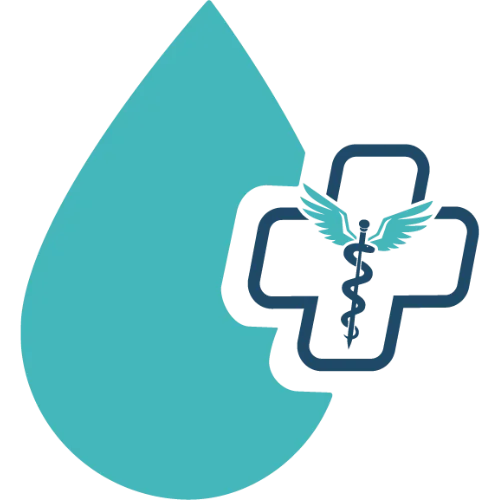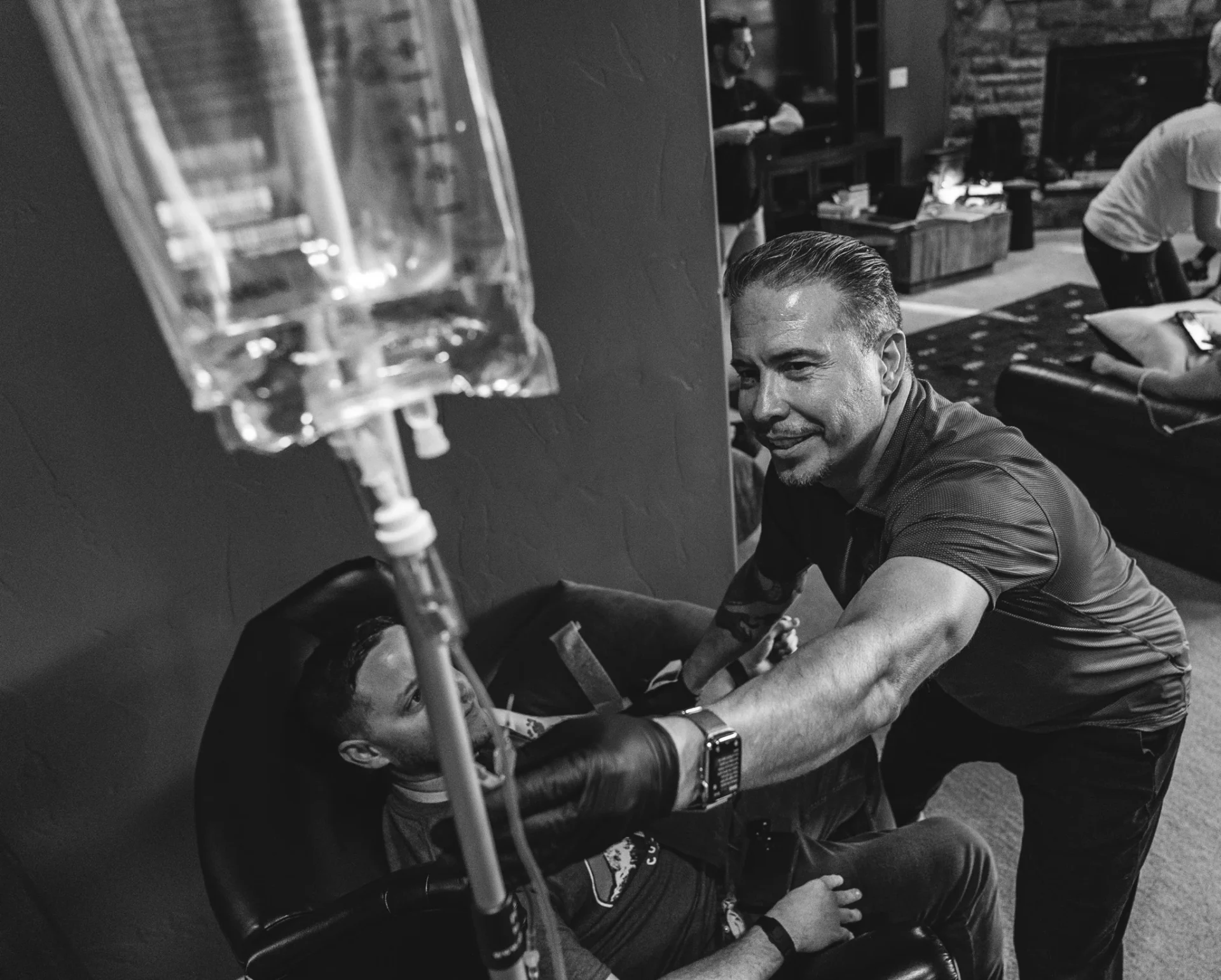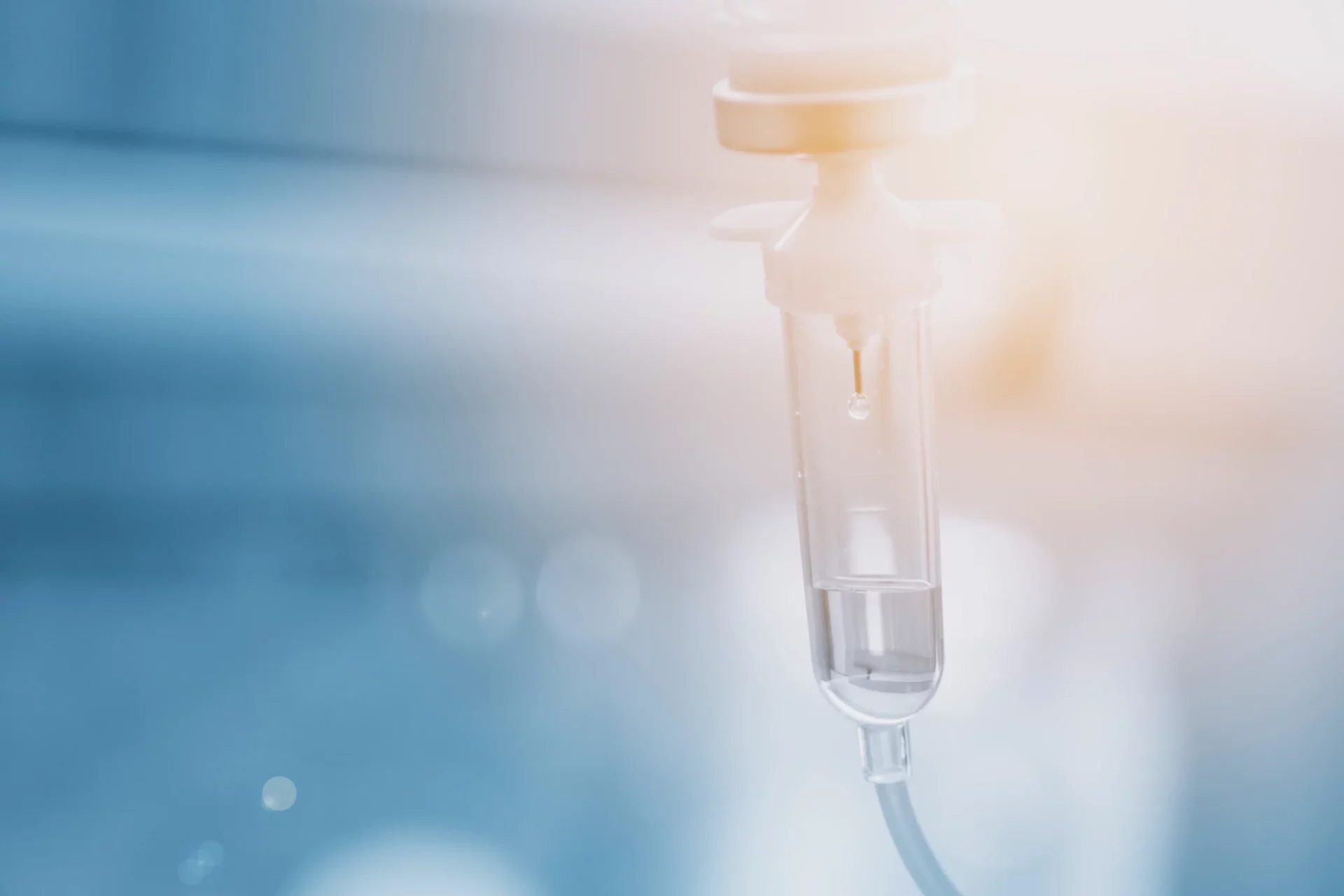
US Mobile IV
US Mobile IV provides on-demand, in-home IV therapy across Colorado, delivering personalized wellness treatments wherever you are.

You don’t have to feel thirsty to be dehydrated. In fact, thirst is often one of the last indicators that your body is running low on fluids. Long before that point, dehydration may be affecting your energy levels, digestion, cognition, and mood—quietly.
Understanding the subtle signs of dehydration can help you act before symptoms escalate. Here’s what to look for, why it happens more often than most people think, and how IV hydration therapy can correct it fast.
Dehydration isn’t just a lack of water—it’s a deficit in the body’s fluid and electrolyte balance. Your cells need both water and minerals like sodium, potassium, and magnesium to function. If you’re losing more than you’re taking in, the effects can compound quickly.
Common causes include:
The problem? Most people assume that if they’re not visibly sweating or feeling parched, they’re fine. That’s not always true.
These symptoms are frequently overlooked or misattributed—but they often signal that your body is out of balance:
Dehydration reduces blood volume and oxygen delivery to the brain. If you’re dragging despite sleep and food, hydration may be the missing piece.
A common early sign, especially after travel, exertion, or alcohol intake. Even mild dehydration can trigger tension-type or vascular headaches.
Feeling unstable when you stand up quickly? Dehydration lowers blood pressure and reduces circulatory efficiency.
Water is essential for stool formation and movement through the colon. Dehydration slows everything down.
Even mild fluid loss can increase cortisol and reduce serotonin transmission—leading to mood swings or irritability.
Not all dry skin is caused by weather. If you’re chronically dehydrated, your skin will reflect it.
Yes, it’s a clue—but it’s often a late one. If you’re waiting for this sign, you’re likely already behind.
Certain conditions make dehydration more likely—and harder to notice.
Drinking water is important—but it’s not always sufficient, especially when you’re already depleted.
IV hydration therapy delivers fluids and electrolytes directly into your bloodstream, bypassing the digestive tract entirely. This allows for rapid absorption and correction of imbalances without waiting hours for your gut to catch up.
U.S. Mobile IV hydration blends include:
We can get you back up and running quickly with clinical-grade care.
You don’t need to be sick—or even feel bad—to benefit from a well-formulated IV. It’s particularly useful for:
Most people don’t recognize the early signs of dehydration. They dismiss the fatigue. They power through the fog. But your body is talking—and if you ignore it too long, you’ll crash.
IV hydration offers a fast, targeted way to restore balance, improve performance, and support recovery—before the symptoms become a setback.
Ready to rehydrate the right way? Book your IV hydration therapy now.

Your health is your greatest asset. Feel more energized, focused, and refreshed with solutions tailored to your needs. Experience the difference personalized care can make—start your journey to better wellness today!